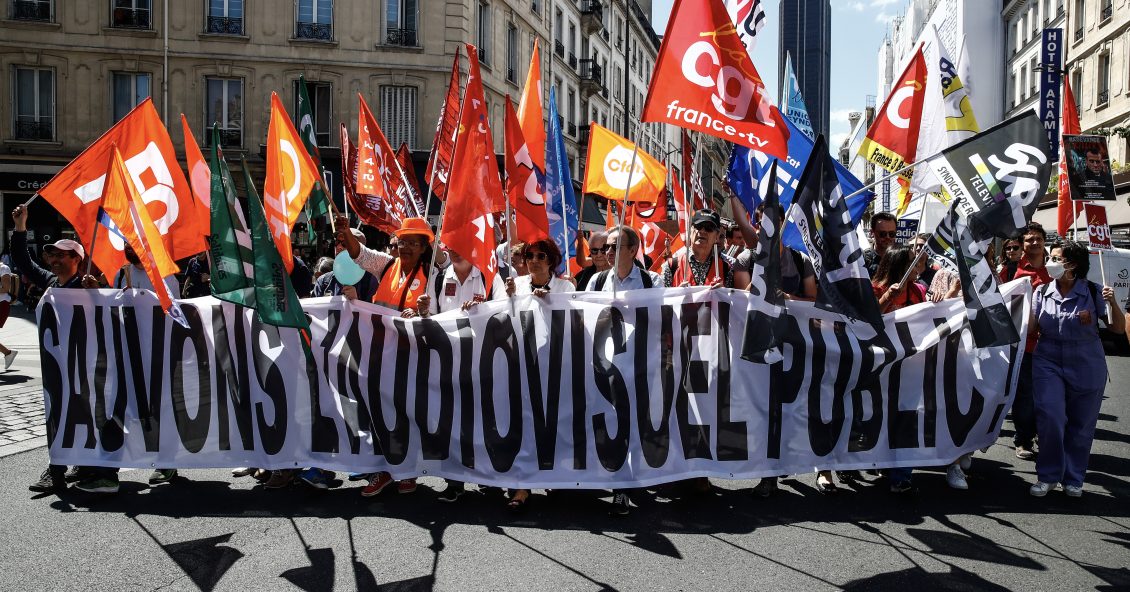The Government of Qatar announced on Sunday a historic labour reform package that includes the adoption of a non-discriminatory minimum wage and the end to the outdated requirement for migrant workers to obtain permission from their employers to change jobs. “UNI Global welcomes this important step to continue dismantling the last remains of the kafala system in Qatar and congratulates all the parties involved in making change possible in the Gulf State,” said Christy Hoffman General Secretary of UNI Global Union. “Through our presence in Qatar, we will continue to support, advice and assist in the implementation of the new labour legislation and support workers in their demands for dignity.”
For the last 2 years, UNI Global Union, in coordination with BWI, ITF, IDWF, ITUC and the ILO has participated in conversations with the Qatar Government to promote workers’ rights in the Gulf State. UNI is currently promoting workplace education on the issues facing the growing private security industry in the country, building a network of security workers and worker committees, which advise, register and process grievances through the Qatari authorities and bring security guards together to understand their rights under the new laws.
“We have been advising and monitoring the recent labour reforms closely and welcome these final changes that were overdue but we must remain vigilant. The government should enhance the detection of violations, enact heavy penalties, and further strengthen the capacity of labour inspectors to ensure that the achievements are cemented to benefit all workers,” said Eddy Stam, Head of UNI Property Services.
With only 313,000 citizens, Qatar’s swift modernization has depended on over 2.3 million foreign workers, mostly from Asian and African countries, who worked under the kafala system. Largely due to the 2022 FIFA World Cup and the rise of the tourism sector, the number of migrant workers has exploded in recent years to fulfill the country’s constant need for rapid construction.
In addition to its work in the private security sector, UNI’s World Players Association and the ITUC have been working in partnership with the Sport and Rights Alliance (SRA) to ensure that international sporting organisations (ISOs) embed human rights commitments into all of their activities and throughout the entire life-cycle of their major events.
As champions and promoters of social dialogue, UNI Global Union will continue to support the process of labour reforms, to the benefit of migrant workers in the state of Qatar.


